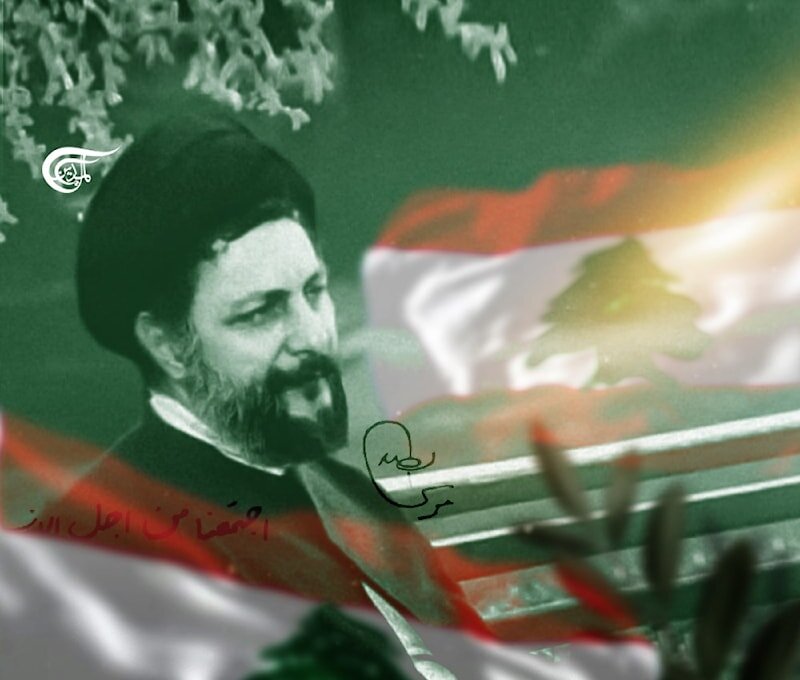47th anniversary of Sayyed Musa al-Sadr’s disappearance

BEIRUT — On Sunday, Lebanon marks the 47th anniversary of the disappearance of Sayyed Musa al-Sadr, the founder of the Resistance against Israeli occupation, along with his two companions—Sheikh Muhammad Yaqoub and journalist Abbas Badreddine.
The pro-Resistance Lebanese mark the event, while the country is experiencing its most difficult security and political dilemma, days before the army submits its plan to disarm the Resistance.
Over the past five decades, many narratives have been woven about the fate of Sayyed al-Sadr and his two companions, including incomplete accounts of an international conspiracy behind their kidnapping in Libya.
It remains certain that the one who hid him was the same one who benefited from his absence, thinking that by hiding him, his project would be extinguished; however, the fire rebounded on the magician, and his Resistance project only grew and grew.
Forty-seven years have passed, and Sayyed Musa al-Sadr’s project has continued to be a comprehensive national and humanitarian project that has risen above sectarian divisions and narrow political interests.
Sayyed al-Sadr was not a traditional religious scholar who merely preach and provide religious and spiritual guidance. Rather, he was a reformist thinker with a forward-looking vision that made him an exceptional figure capable of harmonizing spiritual values with the requirements of the modern state.
“Sects are a blessing, but sectarianism is a curse,” Sayyed Musa al-Sadr (R) says.
Sayyed al-Sadr realized that building a state begins with equality and not marginalizing one sect at the expense of another.
Hence, he focused on establishing institutions that would eliminate deprivation and preserve the dignity of Shiites, believing that social justice and economic development are the fundamental pillars of any political stability.
This was during the civil war of the 1970s, when he worked diligently to extinguish the flames of discord between Arab capitals, emphasizing that civil war was not a fate, but rather an international game that served only Israel’s interests.
Sayyed Musa al-Sadr held his rifle at the Ain al-Binya camp in the Bekaa Valley, and said: “Weapons are the adornment of men.”
While foreign embassies were inciting Lebanese to fight each other, Sayyed Musa al-Sadr went on a hunger strike inside a mosque in Beirut’s southern suburbs to prevent attacks on the surrounding Christian villages, believing that all internal fighting served Israel.
Afterwards, he established the Resistance Brigades in 1975 to confront the Israeli occupation regime. These brigades inflicted heavy losses on the occupation regime during the Battle of Shalaboun in 1978, paving the way for liberation in 2000 and the victories in 2006 and 2024.
Sayyed al-Sadr never separated the fate of Lebanon from that of Palestine. He believed that supporting the Palestinian cause was a moral and political test for the Arab and Islamic world: “Support for the Palestinian cause is as sacred as my turban, my prayer niche, and my pulpit.”
In doing so, Sayyed al-Sadr placed himself in direct confrontation with Israeli expansionist projects, which have always bet on dismantling the Lebanese interior and distancing it from the Palestinian cause.
Today, Sayyed Musa al-Sadr’s project for balanced development and an inclusive civil state remains an urgent need, not just an annual commemoration.
Leave a Comment